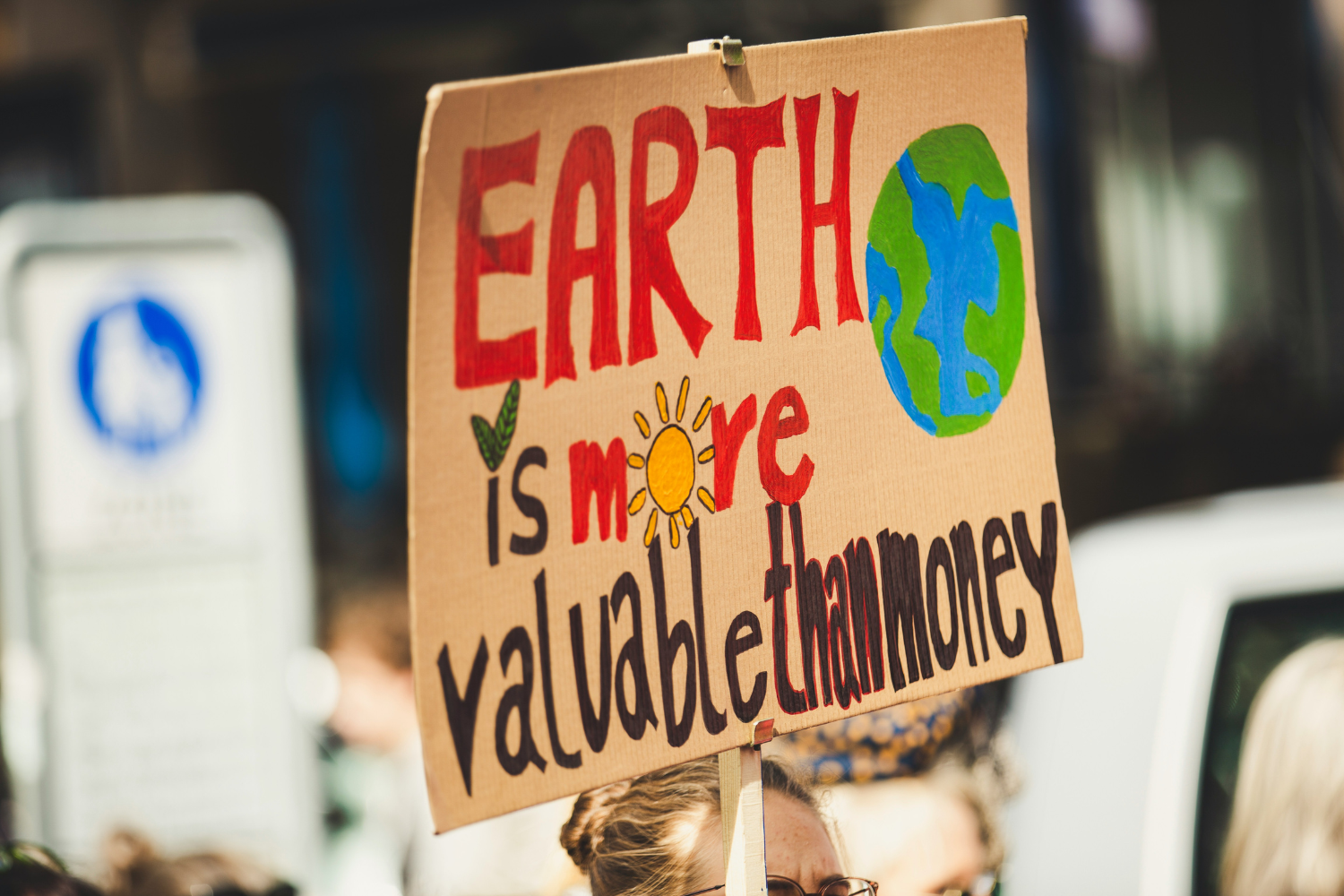Will the Metaverse Become a Reality?
‘Metaverse’ is the buzzword everyone’s talking about. A new stage in the development of the internet, the Metaverse will harness advanced technology to bridge the virtual and digital worlds. With many developments and experiments currently being made in this area, what the Metaverse will look like and how it will affect everyday life is still up for debate.
This article will review all the evidence and expertise to consider what a future with the Metaverse may look like.
What is the Metaverse?
As the name suggests, the Metaverse is a world beyond the physical and digital ones we already know. Specifically, it’s a constructed virtual reality which people can enter and interact with through an avatar they create to represent them. This is in contrast to augmented reality, where technologies enhance how a human interacts with the real world.
For example, a fantasy world might be created as part of a video game. To enter the game, a player will put on a headset and create an avatar of themselves. They will then interact in this fantasy world as this avatar. This means sensing, moving and experiencing the virtual world as they would the real one.
While Web1 saw the launch of the internet and Web2 of social media, the creation of the Metaverse is considered to be the defining feature of Web3. Just like the other stages, Web3 and the Metaverse are expected to transform the way we interact with each other online and offline.
In fact, the consequences and potential of immersing people in a virtual environment are still to be fully realised.
What are the potential impacts of the Metaverse?
Though the Metaverse is still in the experimental stages, experts have already started to consider what the positive impacts of these revolutionary technologies may be.
Connectivity
To work effectively, the Metaverse needs to use a network of different technologies and systems. A headset, the physical and virtual structures that will create the immersive environments and devices connected via the Internet of Things (IoT) are just some of the essential tools.
To enhance the experience further, other systems will need to be added. For example, blockchain and cryptocurrency networks will need to be linked into environments where people are going to make purchases.
This will only be made possible by greater connectivity between different types of technologies. To create a seamless experience, advanced levels of digital communications, IoT and graphics will need to be developed and have fast, effective connections.
Gaming
The gaming and entertainment industry has been marked out as one which will be particularly impacted by Metaverse technologies. By creating new worlds for players to physically interact with, game developers can take their experience of fantasy and fun to the next level.
Indeed, many of the earliest developments in the Metaverse are being made in the gaming world. By combining consoles, headsets and hand controllers together, giants like Meta Platforms, Unity and Epic Games are already developing immersive environments for gamers to interact in.
With 59% of surveyed industry experts believing that gaming will make the most investment into virtual reality technologies in the next few years, it’s clear that stakeholders believe in the potential the Metaverse holds for the industry.
Social interactions
The Metaverse will be marked apart from previous developments of the internet by people’s ability to experience a virtual world as if in the real one. This means, unlike previous forms of internet communication, conversations between individuals will be more human-like in the Metaverse.
It will also mean people can move away from text-based messages and use gestures, facial expressions and touch to talk to each other. Though these interactions will take place in a virtual world, this capability could help people to work, socialise and make purchases in a whole new way.
Reducing incidents of loneliness and enabling effective international collaboration are just two of the potential benefits.
Digital worlds
Metaverse technologies will enable people to experience digital worlds in a whole new way. From meeting the avatars of other Twitter users to being able to see, feel and look at products in more detail in an Amazon marketplace.
All everyday online activities now have the potential to be experienced physically. For individuals and businesses, this raises many questions, including:
- How much crossover there should be between the real and digital worlds?
- How do we maintain cybersecurity in these new virtual environments?
- How could experiences be altered or enhanced in the digital world in a way they can’t in real environments?
Thoroughly considering the ethics and impacts of extending the real world digitally will be key to a successful and positive evolution of the Metaverse.
Marketing
As brands look for new ways to get customers to interact with their products or services, experiential marketing is seeing rapid growth. Even after the COVID-19 pandemic, investment in this area rebounded by 8.2% in 2021. It is also expected to outgrow investment in the rest of the marketing and advertising sector by between 3% to 6% up to 2026.
From developing environments and delivering content that builds customer affiliation to enabling buyers to interact with products before making the final purchase. Entire customer journeys have the potential to be extended into the digital world thanks to Metaverse technology.
How feasible is the Metaverse?
Though excitement for the potential of the Metaverse is growing amongst technology experts, there are still some restrictions and challenges to building these virtual environments.
Technological developments
Some elements of Metaverse infrastructure are already being used fairly widely, such as augmented reality headsets and virtual reality environments. Yet there are questions about how quickly this will be able to be built into an effective immersive environment.
McKinsey’s recent report into the Metaverse considers this in-depth. This includes identifying the four ‘building blocks’ required to make the development of these worlds possible:
- Content and experiences
- Platforms
- Infrastructure and hardware
- Enablers
For the Metaverse to work effectively, all these elements need to be connected so they can interact and operate together. Developing the technology to make this possible is a key barrier to the Metaverse’s success, says McKinsey.
Cybersecurity
To enable people to interact freely with digital worlds, they need to be opened up. However, this risks the security of any individual and business details shared across physical and virtual environments. Putting safeguards in place to ensure that personal or confidential information can’t be accessed openly is a key consideration for Metaverse experts.
There are also concerns over the increased accessibility of dark web and illegal activities as a result of Metaverse technologies. Putting the right legislation and controls in place to protect people from these is essential to making the Metaverse safe.
User ethics
With digital and real worlds coming closer together, the potential physical, emotional and mental health impacts of interacting with the Metaverse are a major point of consideration. Interacting with avatars, separating fictional storylines from real-life facts and balancing escapism with responsible behaviours are just some issues individuals may experience in the Metaverse.
For businesses developing Metaverse environments, creating content and experiences that make the distinction between physical and virtual worlds clear while also being immersive is going to be an important ethical challenge to overcome.
Property rights
Who owns what is going to be a major question for the Metaverse. From harmful or illegal content to digital financial assets, all intellectual and personal property needs to be protected and controlled.
As well as setting up necessary systems and legislations to maintain these rights, putting an independent regulatory body in place to oversee Metaverse conduct is also a challenge. Tracking ownership, establishing the limits of free speech and setting physical and digital consequences for those who breach the rules are just a few property rights considerations.
Accessibility
In the initial stages of Metaverse development, the technologies required to access these worlds will be expensive and not widely available. This could lead to a widening gap in accessibility due to financial inequalities, with only those able to afford it benefiting from the Metaverse.
Similarly, designing Metaverse experiences and content that are accessible to people with physical or learning difficulties is also important. Indeed, the freedom and openness of the Metaverse hold huge potential for this. For example, people will be able to create avatars of any race, gender or ability.
What will be the economic impact of the Metaverse?
Economies in the physical and virtual worlds will have to overlap and interconnect in the Metaverse. It’s estimated that the opportunity these technologies create will add up to $3 trillion to global GDP by 2031.
However, this interlocking of real and digital economies will also present challenges to the operation of financial institutions and different countries’ economies, including:
- Effective regulation: particularly in the fintech space, it’s important that consumer rights are protected to ensure their money and assets aren’t mismanaged in the Metaverse
- Protecting digital assets: from non-fungible tokens (NFTs) to cryptocurrencies, having systems in place to keep the ownership and transfer of these assets secure and efficient will be key
- Increased decentralisation: large areas of the digital economy are decentralised while much of the real-world economy isn’t. Maintaining effective interactions between these two systems is essential for the Metaverse economy to work effectively
By considering these controls and being open-minded to the opportunities, businesses and individuals can tap into the full potential of the Metaverse economy.
The future of the Metaverse
The exact impacts of the future technology of the Metaverse are yet to be fully realised. However, as the next stage of the internet’s development, there’s no doubt it will cause significant disruption to individuals, businesses and industries.
By bringing virtual and physical environments closer together, the way we perform everyday activities will be revolutionised. This includes the way we interact with brands, make decisions and purchases.
To find out more about how we are helping businesses take advantage of new technologies like the Metaverse, get in touch.



